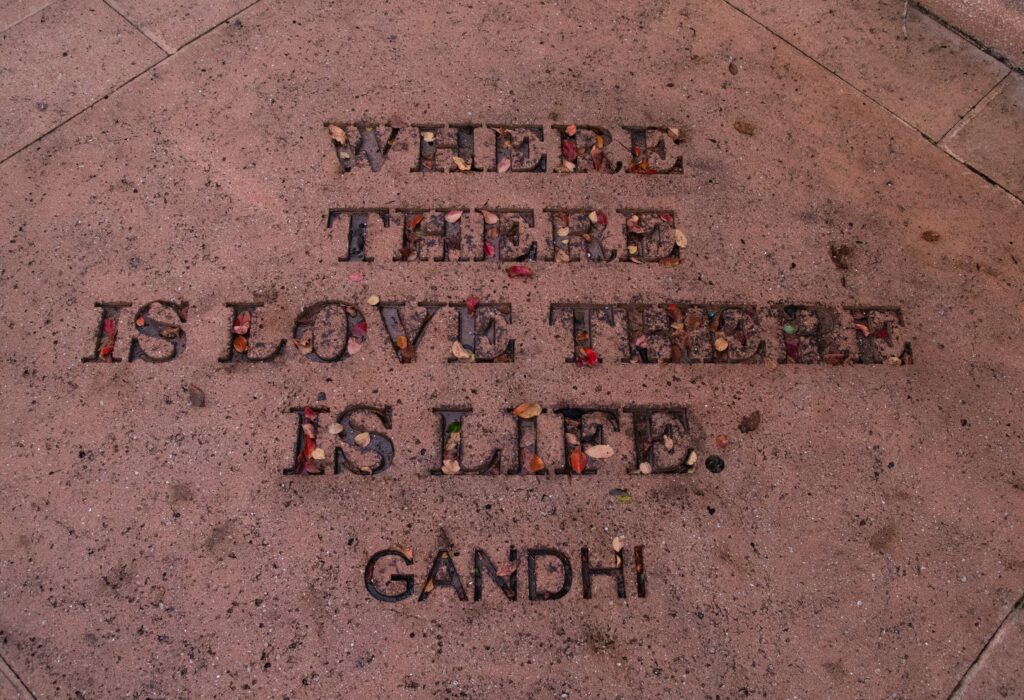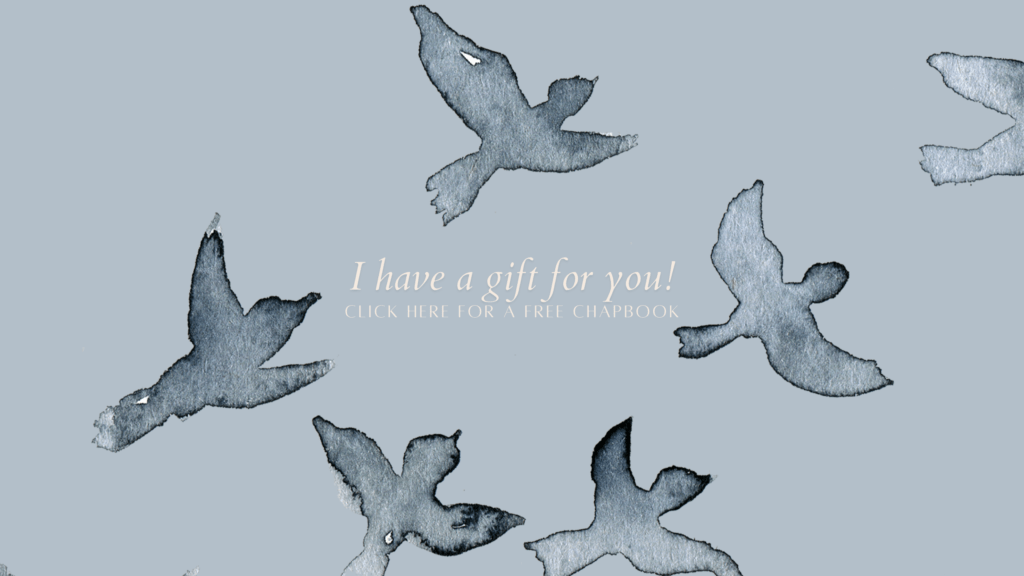From time to time we all need a little guidance. Seeking the wisdom you need from those who have experienced what you are going through and have demonstrated sound judgement is invaluable. You may have a mentor, a mother or father figure you go to when you are stuck and in need of some life advice. You may regard the words and instruction of Plato, Rumi, Thoreau, Aurelius, or Solomon. You may turn to the pages of a religious text such as the Quran or the Tanakh.
But have you considered mining the truths that hide inside your own heart?

I often say, ‘the most life changing words you’ll ever read are your own.’ This statement can be misunderstood if left unexplained. And so, let me clarify.
When we write about anything with authenticity, we are able to read our own true thoughts and feelings. Knowing what we really think and feel allows us to be emotionally aware of what we need and want, don’t need and don’t want. We can also discover negative thought patterns that cause unnecessary emotional suffering or simply prevent us from growth. This is powerful because it is only when we identify negative thoughts, that we can change them.
Wisdom is truth applied. To gain clarity and find direction, we must first understand what is going on in the heart and mind; we must seek to pinpoint the lies we have adopted as truth. Distinguishing between what is true and what is a lie may seem tricky, however, it is less difficult once it is understood that lying is an act of fear and truth is always grounded in love.
Poet David Whyte says, ‘One of the great disciplines of life is having the ability to ask beautiful questions. Beautiful questions cultivate a beautiful mind.’
Once you have written down your thoughts and feelings and identified the truth from lies, you can take what is on your page and let it lead you to ask a beautiful question. Beautiful questions are those that always elicit beautiful answers. They lead to wisdom, peace and exciting possibility.
For example, consider one who wrote ‘I feel rejected’. One may be tempted to spend time trying to figure out if this feeling is true or false, however, the question, ‘Have I been rejected?’ holds within it the possibility of more pain and lacks empowerment.
In this case, a beautiful and better question would be, ‘Now that this door has been closed in front of me, what possibilities can I see?’ If the answer is ‘I see no possibilities.’ This is a good indication that one is in need of processing grief. Although this answer does not seem very beautiful, it does provide insight and direction, which leads to a beautiful outcome.

Often when people are unsure of what to do next, whether they should go right or left, they take out a piece of paper and write down the pros and cons; the good and bad things that will come from their decision. Although this can be helpful, I suggest you go a little deeper.
Good and bad can be situational; dependent on one’s circumstance. However, this can not be said of love and fear. Instead of listing pros and cons, list the things that align with a loving intention and the things you are afraid of. This is helpful because wisdom, truth, goodness are all branches of the same tree. The love tree. Wise words are found by lime-lighting truth which is always grounded in love.
So to recap.
Wisdom can be found through first journaling authentic thoughts and emotions. Next, pinpoint possible negative thought patterns and lies that are disguised as truths. Allow what is discovered on the page to lead you to ask a beautiful question that will yield beautiful answers and outcomes. To take it a step further, make a list based on love and fear. Use this list to help you identify what is wise, truthful and loving.

